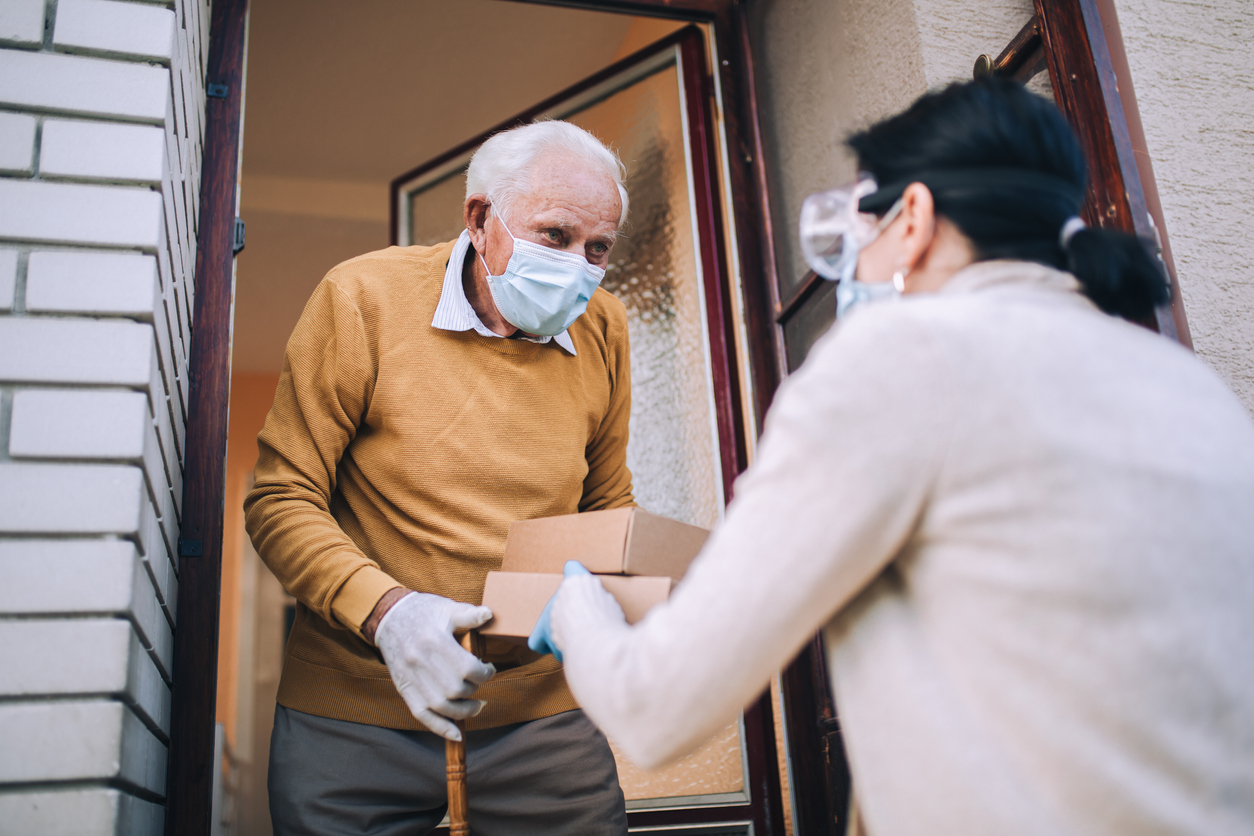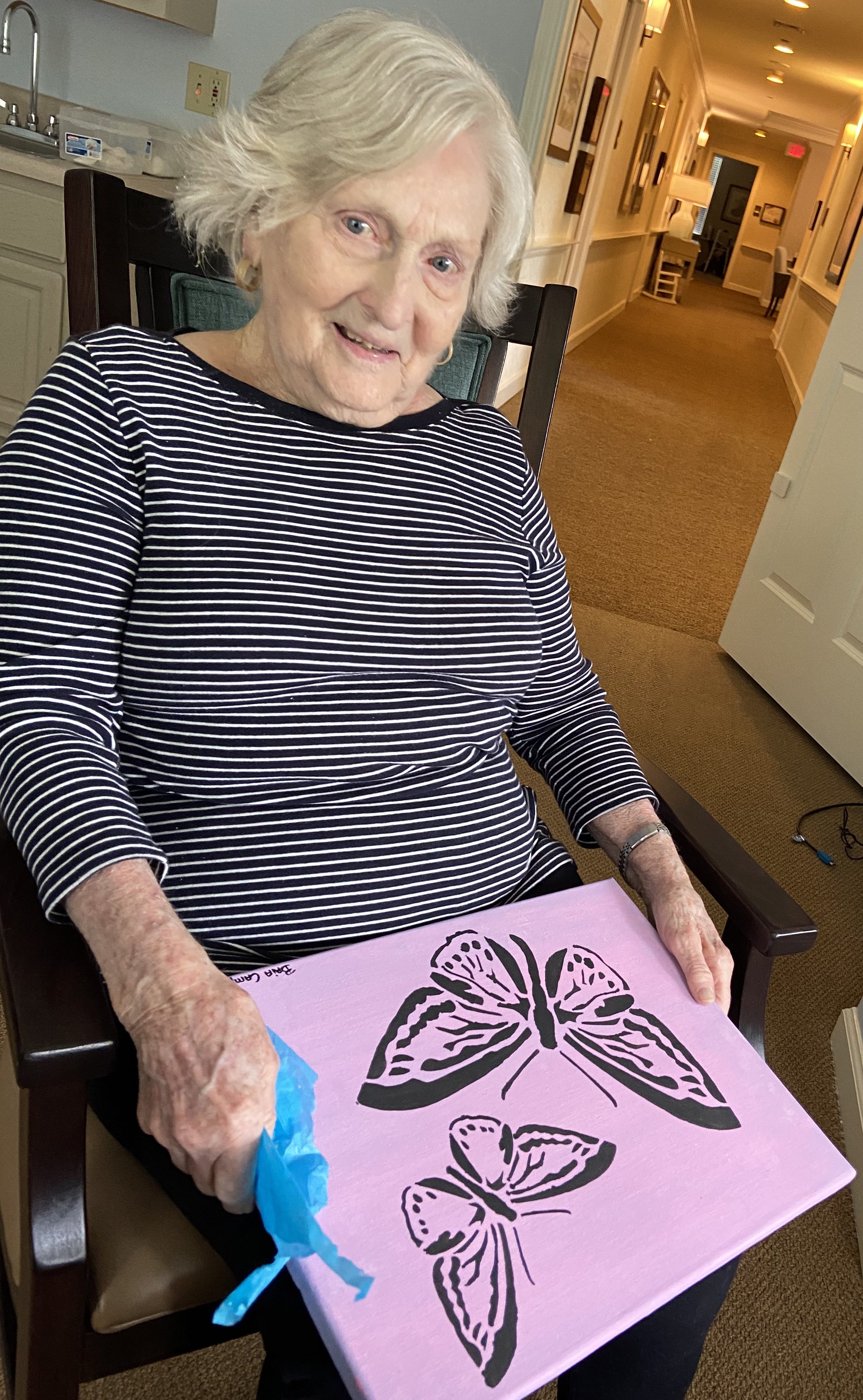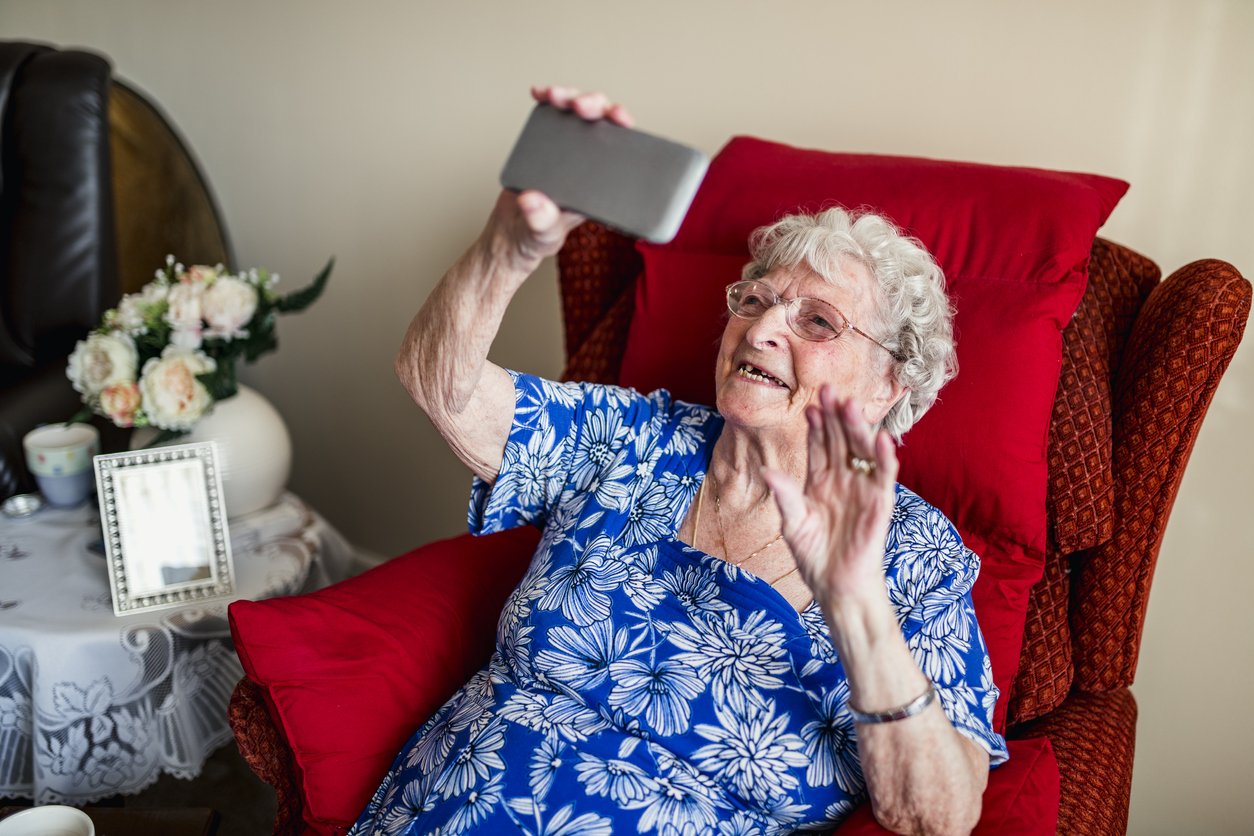
[Sponsored] Making a Difference: Service learning programs enrich students and change lives
Sponsored by Franciscan Missionaries of Our Lady University
From middle school through college and often into our professional lives, service hours and community projects are a regular requirement. The holidays will often jog us into action, rallying helping hands to serve others and lift spirits. But some service learning projects become much more than that.
At Franciscan Missionaries of Our Lady University (FranU), the rigorous curriculum includes an appreciation for service and cultivation of students’ natural drive to serve others. Located in Baton Rouge, Louisiana, FranU is a small Catholic, not-for-profit institution with a health care emphasis. The University offers degrees in nursing, health sciences, humanities, behavioral sciences and natural sciences. Students and professors shared some of the lasting rewards from these valuable experiences.
The service learning program in FranU’s nutrition classes involves a variety of different community partners like the Boys & Girls Club, several senior living assisted partners, learning disabilities partners, local schools, food banks, and food kitchens. FaceTime Pals is a wonderful new project that is really having an impact on everyone involved.
It is often hard for those in nursing homes to interact with family and friends other than by a visit to the facility. FaceTime Pals came about primarily as a way to help seniors virtually connect with loved ones and friends through the computer or other social media means. Student participants help their elder buddies learn basic computer and social media skills and offer them encouraging support in their healthy eating, exercises and overall wellness skills. (These are nursing students after all.)
FranU’s nursing program focuses on the importance of holistic health care, or treating the whole person rather than a singular disease process. They teach that health care is more than just curing physical ailments. It is about ensuring spiritual, physical and mental health while caring for patients. Programs like these open up lines of communication in a personal way that a text cannot. This gives seniors something to look forward to, improving their mental and nutritional state as well. Residents feel less depressed and more excited, and this often reflects in improved eating habits and better hydration.
“I hate for our elderly to feel alone,” says FranU Professor Lawrence Bird. “I wanted to help them stay positive and healthy and for my students to be a friend to them … to help in any way possible. It is especially important now since family and friends are pretty much forbidden to visit loved ones face to face.”
Now, the seniors have “adopted” their students as their children and are always excited to talk with them. Knowing that they now can use technology to reach out and connect with friends and family at any time brightens their spirits dramatically.
VIRTUAL PALS MAKE LIFELONG FRIENDS
Bria Campbell’s grandfather was her biggest motivator to get involved with the FaceTime Pals program. “Prior to my grandfather’s passing, he was living in a nursing home and my family and I would always go see him so that he wouldn’t feel isolated,” Campbell says. “I noticed when I would go visit him, some of the other residents wouldn’t have any loved ones to go see them. Seeing those residents so lonely made me want to join the program to serve love to those who don’t get it from others.”
FaceTime Pals is a way to make sure senior citizens are getting the love they need. A service program designed to prevent and reduce feelings of social isolation that assisted living residents may face during COVID-19. Students are assigned a resident to speak with via FaceTime once a week for approximately 10-15 minutes. During an emotionally challenging time like this, programs like this lift the participants’ spirits dramatically.
Video calls engage participants in a way a phone call cannot. A phone call just doesn’t touch them in the same way that a virtual video call can. Campbell says she would recommend these sorts of programs to students and business partners because “it is a great opportunity to impact not only another person’s life, but your life as well. This program has taught me to learn how to be selfless, and not selfish.”
MORE THAN JUST SERVICE HOURS
FranU nursing student Matthew Arnett is wrapping up his last semester. In his first semester, he got involved with the Big Buddy program. “Through this program, I was able to teach children in the community about nutrition and build relationships,” Arnett says. “It was such a learning experience, and it allowed me to grasp the purpose of service learning—giving back to the community and learning through serving others.”
At FranU, students are developed into professionals, but more importantly, they are molded into service leaders. “Without this type of program, I believe my education would be lacking,” Arnett says thoughtfully. “Sure, I would still have all the skills it takes to be a nurse—I would be able to start an IV, put in a catheter, give push medications, change dressings, assess patients—but service learning teaches you how to take self-inventory. It has taught me how to be a better individual, not just a better nurse, and for that, I am grateful.”
Amanda Held is studying to be a physical therapist at Fran U. “Personally, the opportunity to participate in FranU’s service learning program has affected my life in more ways than one,” Held says. “It allowed me to positively impact the lives of others while they, in turn, impacted mine.” In the Cajun Classic, for example, wheelchair-bound tennis players compete in a tournament in a sport they love. “Seeing the excitement and joy on the players’ faces is why I love volunteering with organizations like these,” Held says.
Miracle League is another wonderful organization FranU students can partner with to give children and young adults with disabilities the chance to play baseball with their friends. Players delight in the experience of being part of a team, the cheering crowds, and getting around the bases with their buddies. That’s where the FranU students come in. “I began volunteering with Miracle League in New Orleans, and when I realized there was a Baton Rouge league, I was thrilled,” Held beams. “Knowing that some of my classmates are interested in pediatrics, I invited them out to a couple of games with me, and they absolutely loved it! The ALS clinic was the first organization I volunteered with through our service learning program. Honestly, it was my first exposure to the neurological population, and it sparked my love for the field.”
As a clinician, Assistant Professor and Doctor of Physical Therapy Kelly Rodriguez treated predominantly the neurologic population. From stroke and traumatic brain injury to spinal cord injury, her patients were all individuals with special needs. As an educator, Rodriguez teaches the neurologic content for FranU students. “The program is more than just showing up and clocking service hours,” Rodriguez says. “FranU’s service learning program is an opportunity for our students to give back to the community and to expose them to the multiple facets of adults and children with differing abilities.”
After each service learning activity, students perform some type of reflection, a “here’s what I learned” assignment. Rodriguez says she has been moved by those personal reflections. “The level and depth of introspection have been quite phenomenal. All of this has given me fuel to broaden those experiences for our students.”
Rodriguez has some advice for others looking to make a difference. “If you are the organizer, be prepared for a lot of planning and bumps in the road, but don’t lose sight of your original cause … to help others. Click here to learn more about FranU’s other service and ministry projects.



